Shopping Basket
Total: Subtotal: £19.98
(Delivery will be calculated on checkout.)
Numeracy toys and books to add and subtract.
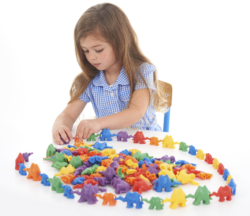
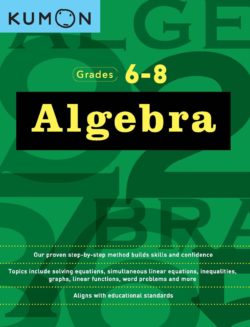

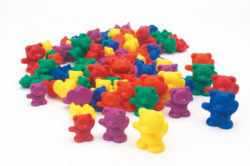

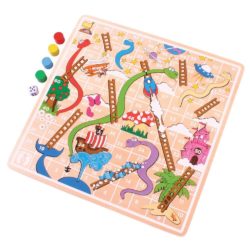

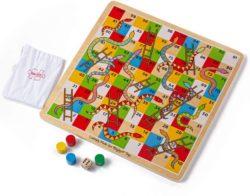

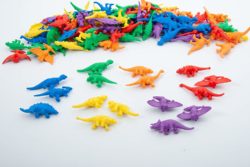

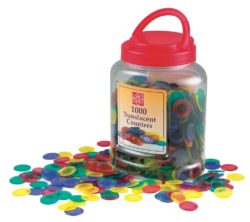

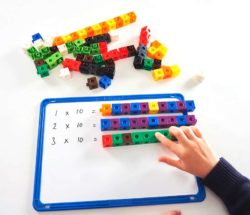

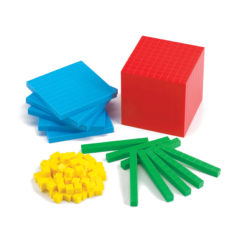

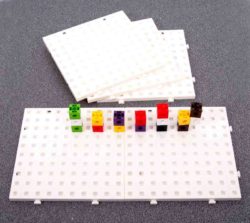

For most parents, finding primary resources maths material that their children find enjoyable can be a challenging task. Maths is a subject that requires a lot of mental exertion to concentrate on and comprehend. These factors might make maths seem like hard work for your child, but being mathematically adept is critical to carrying out daily activities.
One of the best ways to get your child interested in maths is to try and make their learning process more of play than work. You can do this by introducing math addition games and subtraction games to your kids at a very young age. Children also have better chances of understanding maths principles if they are presented to them using examples that they can relate to.
Addition forms the foundation for all other math operations and is one of the very first primary resources maths concepts your child will learn. It is, therefore, vital that your child’s first brush with this fundamental skill is comprehensive. Math addition games and addition and subtraction worksheets are both great ways to provide practice problems that your child will most probably love to get their hands on. These games and resources are designed to teach kids how to group objects, form number bonds and understand fact families.
Addition and subtraction form the basics of primary resources maths. It is, therefore, a good idea to make sure your child is confident with both principles. Learning these maths skills does not always need to be a big challenge for your child. Subtraction games can help them build a rock-solid foundation in subtraction, and understand how it relates to addition.
Just a pen and writing pad are all you need for some activities. Other games require math toys such as teddy bear counters, dice and counters. You might also need a calculator and number boards to make things more interesting for your child. There are also plenty of free subtraction worksheets that you can print out at home.
You can give your fledgeling mathematicians an extra skills-boost with practice subtraction worksheets. These worksheets are perfect for first graders, or for older kids that would benefit from some additional skills practice. Subtraction worksheets are packed with simple equations that will help kids learn simple subtraction facts inside and out.
Once students can easily tackle worksheet problems that only require them to use one procedure, they might get too comfortable and stop paying attention to the operation that they have to use. This situation is where addition and subtraction worksheets may come in handy. In such cases, mixed operation worksheets encourage students to be more observant. More advanced addition and subtraction worksheetsinclude material that requires children to both add and subtract in one equation.
Snakes and ladders is an age-old game that can teach first graders how to count as well as simple addition and subtraction, in a fun and engaging way. When adding, students are required to add the scores from two dice together. Climbing up the ladder and falling down the snakes provide a good challenge, as the numbers being added and subtracted from can change quickly. This addition and subtraction gameis also a great way to promote your child’s social skills, such as taking turns.
These colourful bears are the perfect counting toys. They give children experience in sorting objects into sets, which is excellent preparation for learning about multiplication. Each set includes 50 plastic bears of five different colours, plus five plastic cups in the same coloursfor extra sorting fun. Children can play this game and develop matching skills and other early math concepts before they learn to read.
Young children can develop counting skills by learning to group counters by colours, size or shape.
They can also learn about pattern and sequence by creating a line using different colouredconnecting camels.
A cash register gives them the chance to improve numeracy by adding and subtracting different denomination notes in a real-world scenario. This realistic looking “money” gives your kids the chance to mix and match the notes and coins and help them understand that sometimes the same type of quantity can be used to count different objects.
Your child can also develop primary resources maths skills with stackable counters that come in 6 colours. These math toys can be stacked into towers or used for counting, sorting, and forming patterns. They are also great for teaching kids about sets and how addition relates to multiplication and division.